Fenced In
Stephanie Powell has mastered a lot of different skills running Horse Empowered Learning Programs, Inc., or H.E.L.P. As executive director of Pflugerville’s therapeutic horseback riding program, she handles everything from fundraising to teaching classes. She’s even got hands-on experience with land management.
“We're pretty good at putting in fences,” Powell says.
She just never thought her organization would be ones getting penned in. Bordered by housing developments and a new school, Powell and H.E.L.P. have limited options. There’s not enough room at their current location to add more horses to their herd in order to help meet demand for classes. More classes could also potentially increase revenue to meet rising costs. But with acreage being sold to developers to meet Pflugerville’s housing needs, H.E.L.P. has few options to relocate. Powell finds herself balancing the size of the herd that can be supported on the available land with the need for their programs.
“I have emails and phone calls just about every day from people seeking out this program,” Powell says. “We want to grow and continue to offer this, but we can't do it without the space.”
H.E.L.P. donkey Tess stands in a pasture across the road from a housing subdivision. Powell says they would like to expand the program but finding space in Pflugerville is challenging as acreage is sold to developers to meet the city’s housing needs.
For over 35 years, H.E.L.P. has called Pflugerville home. The organization offers therapeutic horseback riding. Clients with physical, mental or emotional disabilities learn life skills in the saddle, helping with everything from muscle strength to social skills. They were located on a 20-acre facility on Howard Lane but when the property they were leasing was sold to developers in 2021, the organization had to relocate. Powell says moving any business is a challenge but it's especially difficult when your office mates are horses.
“I can't just go out and go, oh, okay, another space just over here,” Powell says. “There's not a lot of options.”
Choices are limited in part because Pflugerville is booming. Recent census data shows that Pflugerville’s population has grown by nearly 40% since 2010. City officials and developers are working to meet the housing demand and that means building homes on what was previously farmland. It’s not just an issue in Texas. A report from the American Farmland Trust estimates that more than 31 million acres of farmland were lost across the United States between 1992 and 2012, much of it to accommodate expanding cities and low-density housing.
Joe Villarreal owns the property that H.E.L.P. currently leases. He says if you want to see how much the area has changed, just take a look at nearby Pfluger Lake. Or try to.
“When we moved there you could still see half of the lake,” Villarreal says. “Now you can just see a little section.”
An aerial view of the housing development next to the H.E.L.P. facility. Landowner Joe Villarreal says when he bought the property in 2014 there were other small farms in the area but they’ve since been sold to developers.
Villarreal and his family bought the property in 2014, attracted to the open space.
“I figured it would be a slower growing area, especially that area because nothing was out here,” Villarreal says. But in the years since they moved in, he’s seen the small farming operations north of him sell to developers, and new subdivisions constructed.
“We’re all in the Austin area, housing is very limited here so investors and developers are always looking for space,” he says.
Powell says she understands the challenges for farmers and ranchers in the area. Drought and other severe weather patterns have severely impacted pastures across the state. In 2022 the USDA issued a report stating that 83% of pasture and range land is now considered to be in poor or very poor condition. Compounding the issue is the increased cost of feed for livestock.
“The cost for hay has gone up almost 200% in the last year or two,” Powell says. “That is a huge challenge.”
Volunteer Coordinator Neda Siam feeds the H.E.L.P. horses. Adequate space for livestock to graze is more necessary than ever, as feed costs have skyrocketed in recent years.
Feed costs aren’t the only thing on the rise. In 2022, the cost of land in the Austin-Waco-Hill Country area went up almost 19% compared to the same time last year, according to the Texas A&M University Real Estate Research Center. The national average value has hit $3,800 per acre, the highest cost on record since 1970. Selling high-value property in a rapidly growing area can be a windfall for landowners, but it’s made it challenging for lessors like Powell and H.E.L.P. who need specific amounts of space for their livestock in order for them to graze. H.E.L.P. also needs space for storage and facilities.
“The minimum would be ten acres just for our program,” Powell says. “We're sharing an eight acre facility right now.”
Adding to the challenge is the need to stay in Pflugerville. While space may be more plentiful outside the Austin metro area, Powell says it would pull them away from their donors, volunteers and, most importantly, their clients.
“If the volunteers can't make it, then we can't offer the lessons at the times that work for the parents,” Powell says.
Powell (left) asks rider Maddie which game she would like to play during a lesson. Powell says seeing her clients find joy and success in horseback riding pushes her through the challenges of finding space. “When you see that happen, it’s everything,” she says.
Drive time isn’t just an issue for volunteers. Kim Sanchez lives in Pflugerville and has been bringing her daughter Madeline to classes at H.E.L.P. for more than five years. Madeline has been diagnosed with spina bifida, a spinal cord development issue that can impact mobility. Sanchez wanted to find an activity for her daughter that would keep her active and social, and H.E.L.P. has met both of those needs. But with two other children involved in sports and activities, driving out of town would limit their options for classes.
“To have to travel far, that makes it sort of difficult,” Sanchez says. “So being in this area is awfully nice for us for sure.”
Sanchez has lived in Pflugerville since 2001, and she knows how the rapid development of the area can impact businesses and organizations like H.E.L.P.
“With all the building and development, I know it's hard to sort of keep it in the area, but you feel like it's a part of Pflugerville.”
Horses graze by a fence at the H.E.L.P. facility. The organization would like to add to their herd to meet the demand for classes, but they need more acreage to support any additional horses.
It’s a sentiment shared by Powell. Pflugerville is more than an address on a business card; it’s their community. She says there is a need in this area, and she’s committed to helping those families. And while growth in the area poses challenges, Powell says that the same community has rallied to volunteer and donate to the program.
“We want to stay in Pflugerville,” Powell says. “This is our home.”
Community journalism doesn’t happen without community support.
Got story ideas, advice on how we can improve our reporting or just want to know more about what we do? Reach out to us at news@klru.org.
And if you value this type of reporting, then please consider making a donation to Austin PBS. Your gift makes the quality journalism done by the Decibel team possible. Thank you for your contribution.
More in Business:
See all Business posts
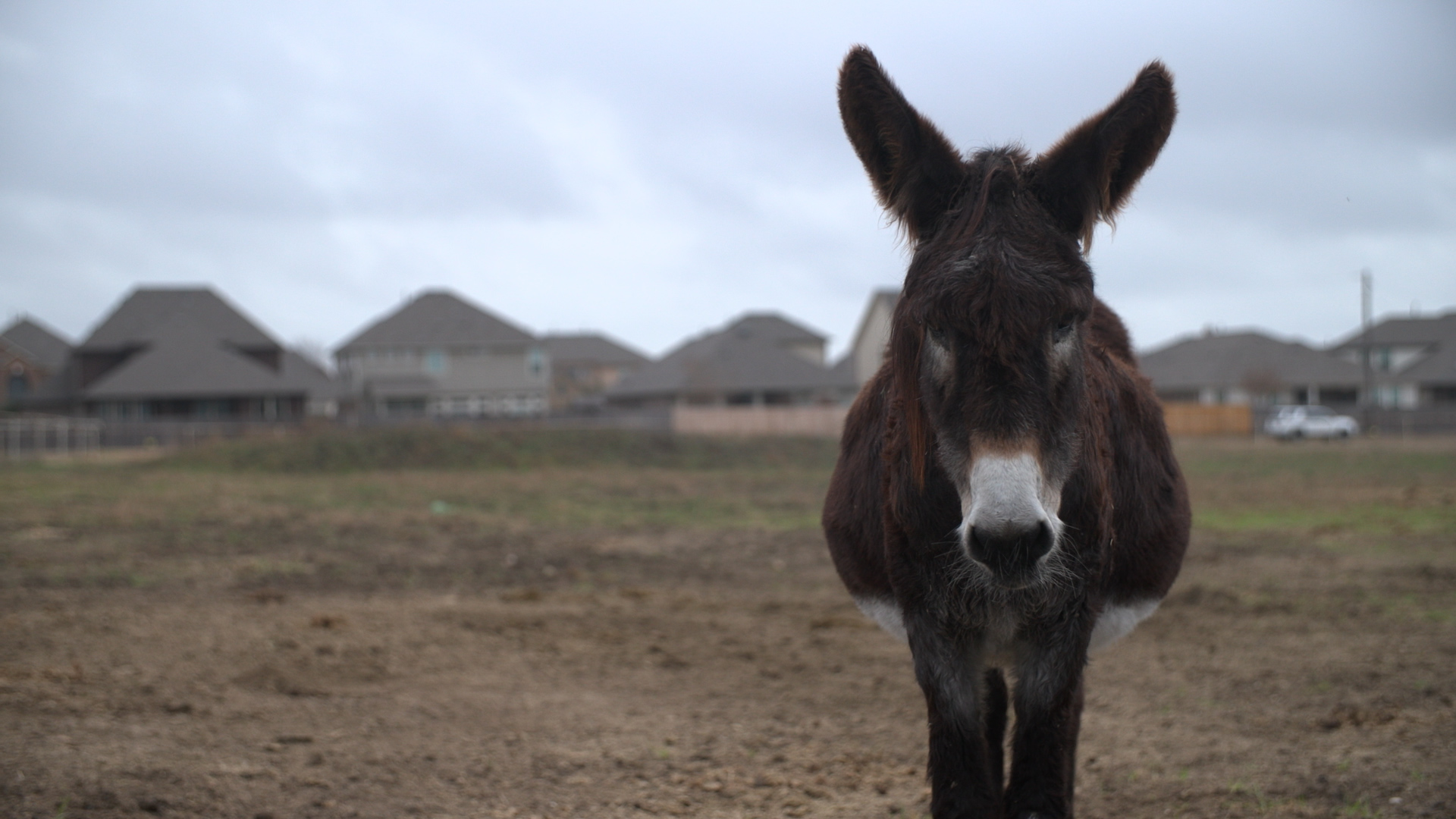
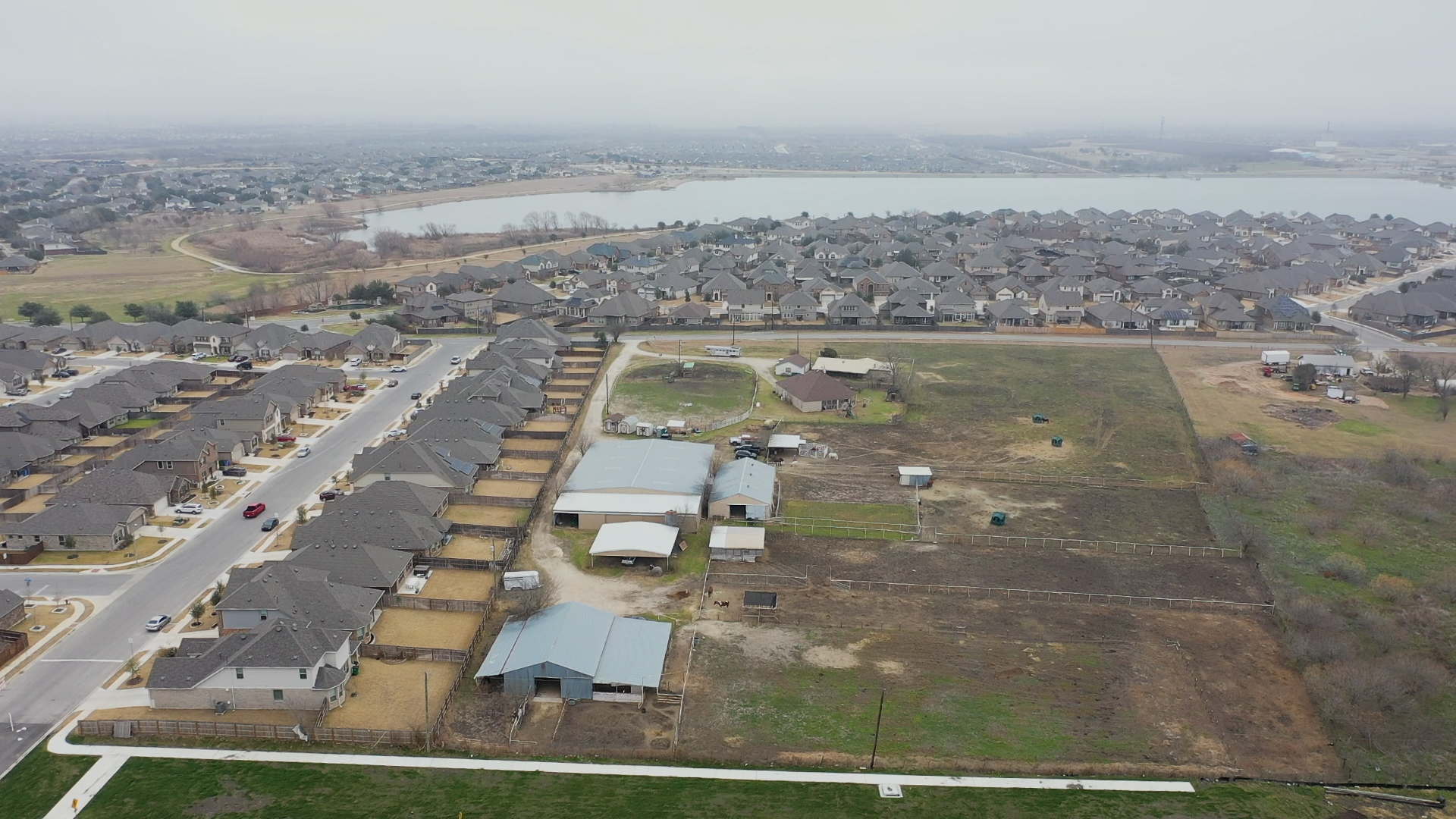
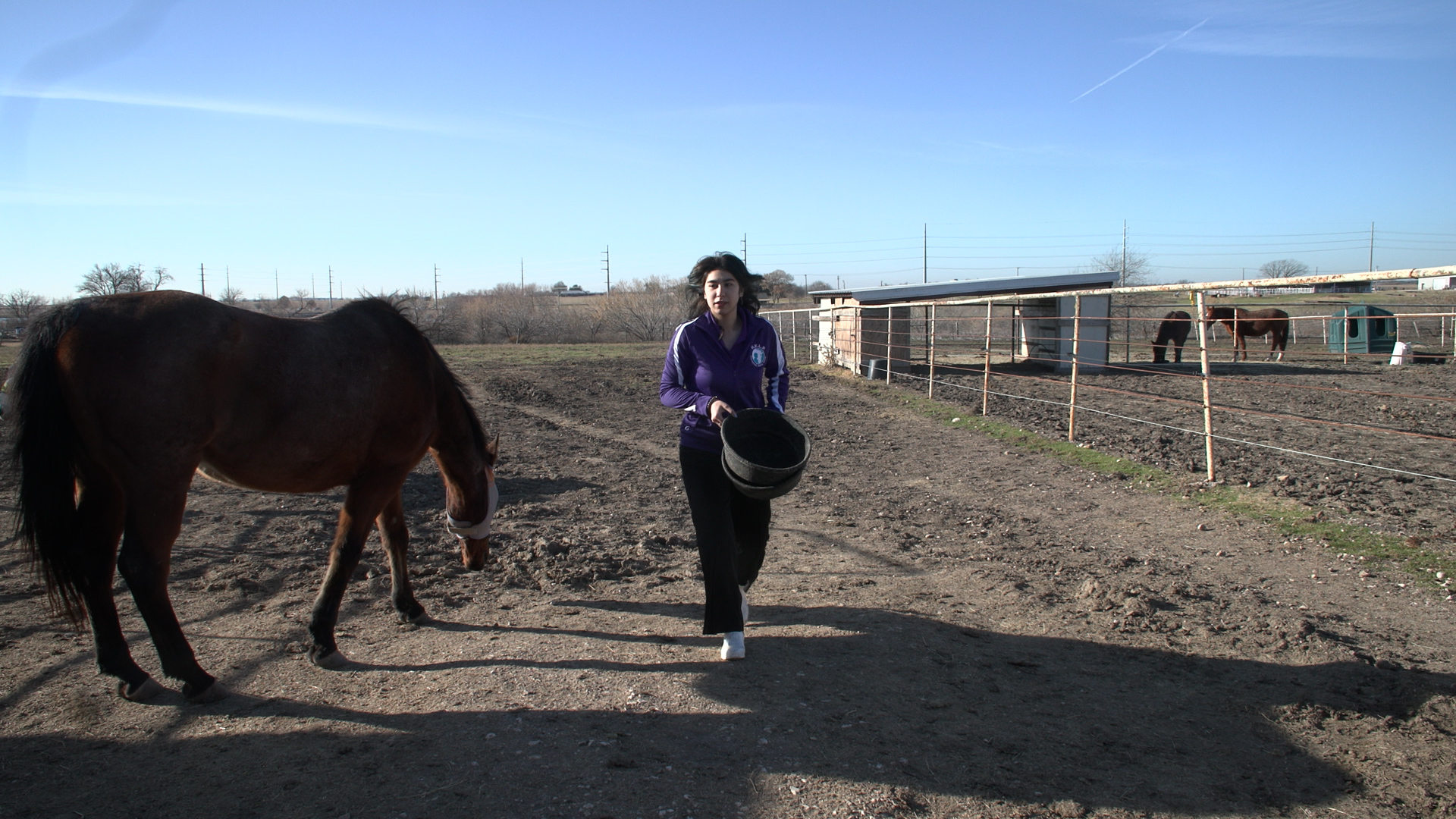
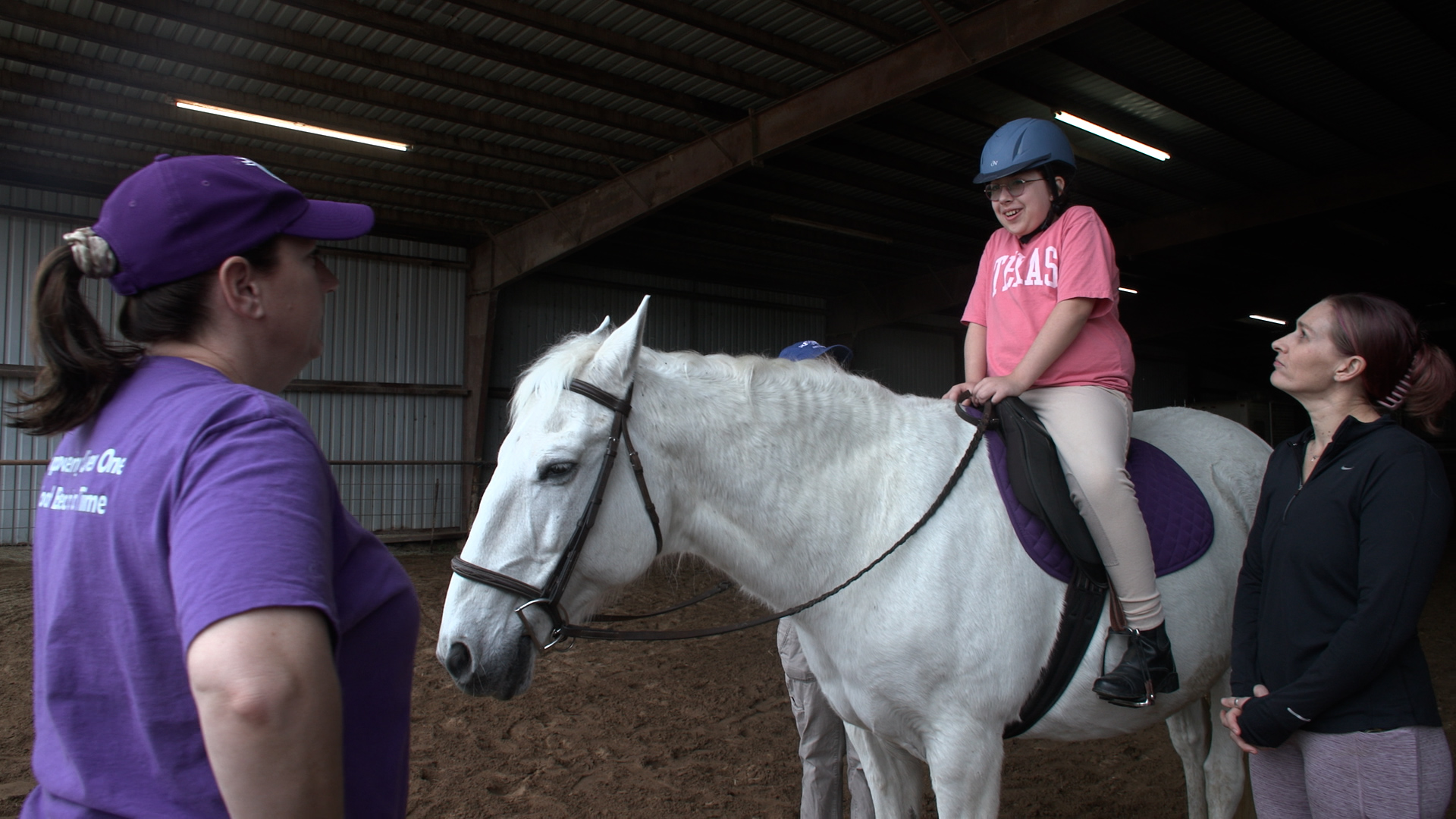
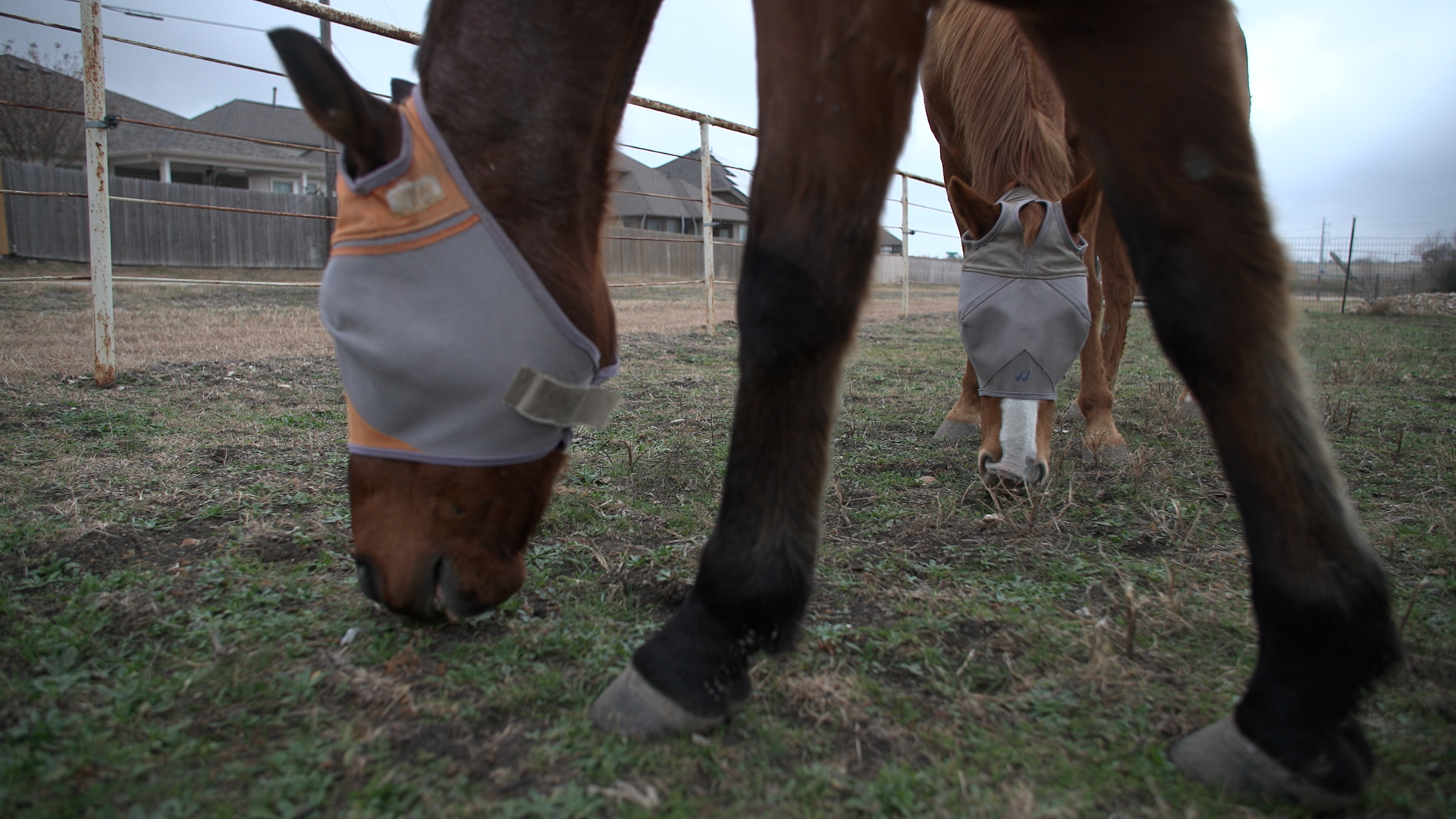

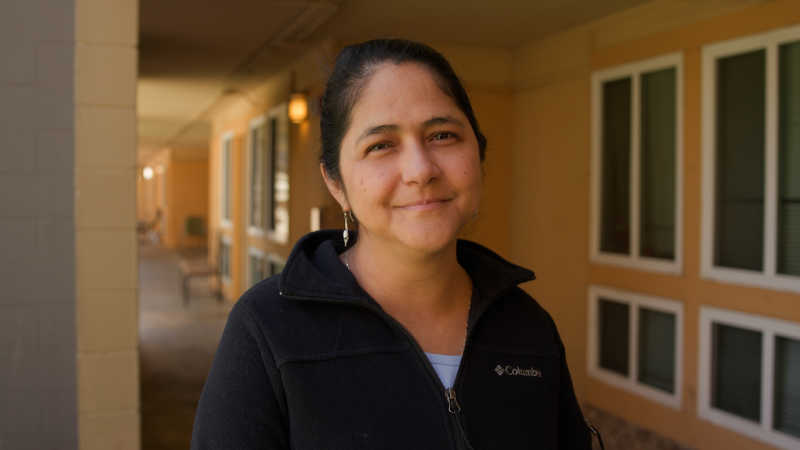



Contact Us
Email us at news@klru.org